At a special meeting this week between the SEC and Big Ten conferences, Big Ten commissioner Tony Petitti said, “The notion that college football is broken—what we do is broken—is just not right.”
I disagree. It looks pretty broken to me.
But it’s also possible it’s just temporarily broken, and that some of the factors tearing college sports apart will also make it better in the long run.
I am referring to the two factors combining to create a tectonic shift in collegiate athletics: conference realignment and the NIL (name, image, and likeness) floodgates that opened up July 1, 2021, when the NCAA began allowing college athletes to take money for endorsement deals.
The realignment rush has created a head-spinning game of musical chairs (our own Amanda Christovich has been all over this relentless beat recently) that has left us with conferences whose regional names don’t make sense anymore (California schools in the Atlantic Coast Conference?) and whose makeup will create sleepless travel schedules for the players.
To wit, when I recently interviewed Roger Federer’s longtime agent Tony Godsick in our FOS studio, he surprised me with his sudden strong reaction when I mentioned NIL: “I am not a big fan of this NIL stuff. My son will be a sophomore at Stanford, plays [tennis] there, he’s now in the ACC. … How’s that going to work? When he’s done playing UNC or Virginia, that’s a long flight back home.” There are obvious ways in which realignment and NIL have overlapping effects, but for today I’m going to focus squarely on NIL.
Former NCAA president Mark Emmert fought tooth and nail against allowing college athletes to get paid under the long-cherished NCAA definition of “amateurism,” and for years he was roundly roasted for it by those who advocated for paying the players, which became the more popular view. The feet-dragging by Emmert and his ilk became an object of ridicule, a “boomer” take that was seen as rooted in greed; Ben Strauss and Joe Nocera cowrote a book in 2016 that argued college athletes are akin to indentured servants for the NCAA.
The argument in favor of paying the players has always been, in very broad strokes: They are basically professional athletes in all but name; they are generating billions in collective revenue for their schools and conferences; they are being exploited by not being remunerated; scholarships are not enough remuneration.
While I can quibble with some of that, I mostly agreed that the idea of amateurism was absurd when the games are broadcast nationally as part of billion-dollar media-rights contracts, and that if you believe in capitalism you should support some portion of the money going to the players.
But Emmert was directionally right about one thing: Once you open this Pandora’s box, you can’t put the toothpaste back in the tube—and whatever other mixed metaphors you want to apply here.
Three years into the NIL era, it is clear everyone is flying by the seat of their pants and writing the rules as they go.
Oklahoma State announced before the CFB season it would put scannable QR codes on player helmets that link to a donation page to the school’s NIL collective; on game day, just before the start of OSU’s first game, the school declared the NCAA nixed the helmet QR codes under the guidance that they constitute “advertising and/or commercial marks,” prohibited by the NCAA’s existing bylaws. But if the NIL collective is kosher, and inviting donations to the NIL collective is kosher, what’s wrong with advertising the donation page? The answer is it’s one of many preexisting rules that is glaringly outdated and needs to change immediately to adapt to the new era.
No incident has grabbed mainstream attention quite like the saga of Matthew Sluka, the UNLV quarterback who had the Rebels off to a 3–0 start when he suddenly announced he would sit for the rest of the season due to “certain representations that were made to me” by the school and its NIL collective. As emerged over the course of a frenzied news cycle, Sluka, his agent, and his father believe he was promised $100,000 from the school in NIL money and never got it (but the deal was never in writing). As our Margaret Fleming wrote, “This is believed to be the first time in the NIL era that an athlete has backed out midseason over collective payments (or a lack thereof).”
Maybe the first, but he won’t be the last.
I was given the perfect group to comment on the Sluka situation this past week as part of a panel on all things NIL at Advertising Week New York. My panelists were Rachel Baker, GM of Duke men’s basketball; Brian Mason, NIL director at the University of Wisconsin; Catherine Marquette, head of collegiate partnerships at Under Armour; and Jeff Granger, an alum and former basketball player at Hampton University in Virginia, and founder of its NIL collective.
Baker, giving the Duke perspective, said, “When you’re making these promises to these athletes and families, the collective has to be in a lot of ways a reflection of what you’re telling them on a day-to-day basis. It, quite literally based on the contract, couldn’t happen at Duke.”
My translation: We’re more careful; we draw up a contract; and no one should be making a college commitment decision based on a verbal agreement.
Granger, the Hampton booster, gave his perspective as a loyal alum looking to help his alma mater, a mid-major school that plays in the Coastal Athletic Association: “Duke is gonna be Duke, Wisconsin’s gonna be Wisconsin, and the ads and TV revenue, all that’s gonna flow in. It looks different for us. … We can’t play in the portal the same way, because we don’t have the same pocket. … Now we’re recruiting a high school kid that comes and develops for freshman, sophomore year, and he transfers after the second year because we can’t afford him.”
That’s where the conversation in college sports recruiting has ended up: Can we afford this player? How much will they cost us, and how long will they stay?
Meanwhile, both the NIL director and GM jobs in a college sports setting are newer roles that are fast-multiplying across collegiate athletic departments. (Former NBA scoop master Adrian Wojnarowski is now men’s basketball GM at his alma mater St. Bonaventure.) It is clear to me that no one, including the people in those jobs, is exactly sure of what they are meant to be. The descriptions are different school by school, and everyone is feeling their way as they go.
The same goes for the booster-led NIL collectives: brand-new organizations that have, in many cases, done a lot of good for their school, but also face very little oversight so far, and have in some cases made obvious oversteps that met with slaps on the wrist (see: FSU football, Florida football).
I am hardly introducing a novel opinion here. Everyone can see NIL mania has glaring problems. It’s easy to find online much angrier takes that declare NIL is ruining college sports.
I am not willing to say that yet. Many college athletes have used large portions of their NIL money to do a lot of good for others. Instead, I’ll just say the NIL era is off to a slapdash start. And I suspect it will take a few more messy years before the turbulence subsides. We will watch and see how the Wild West is won.
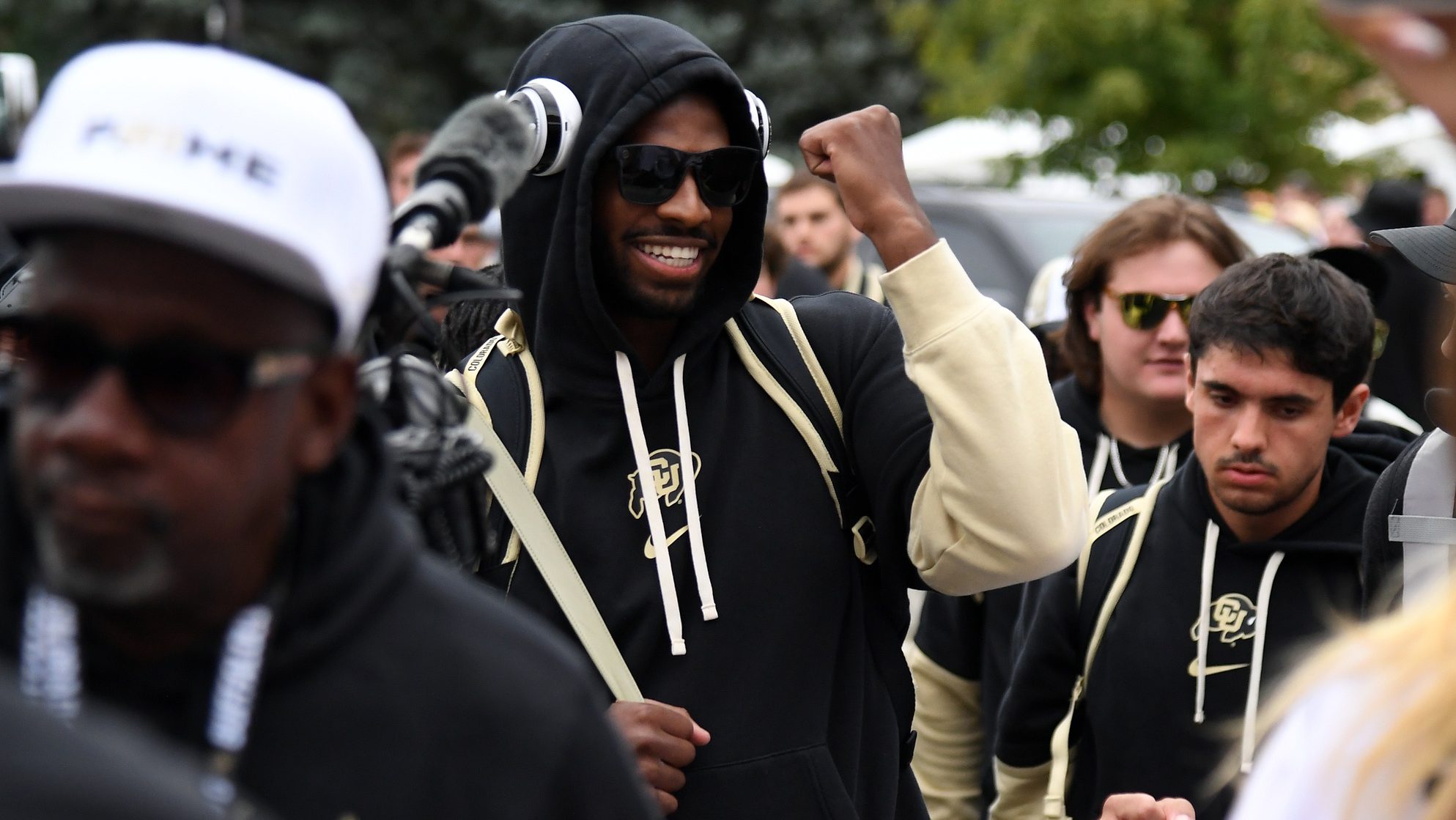
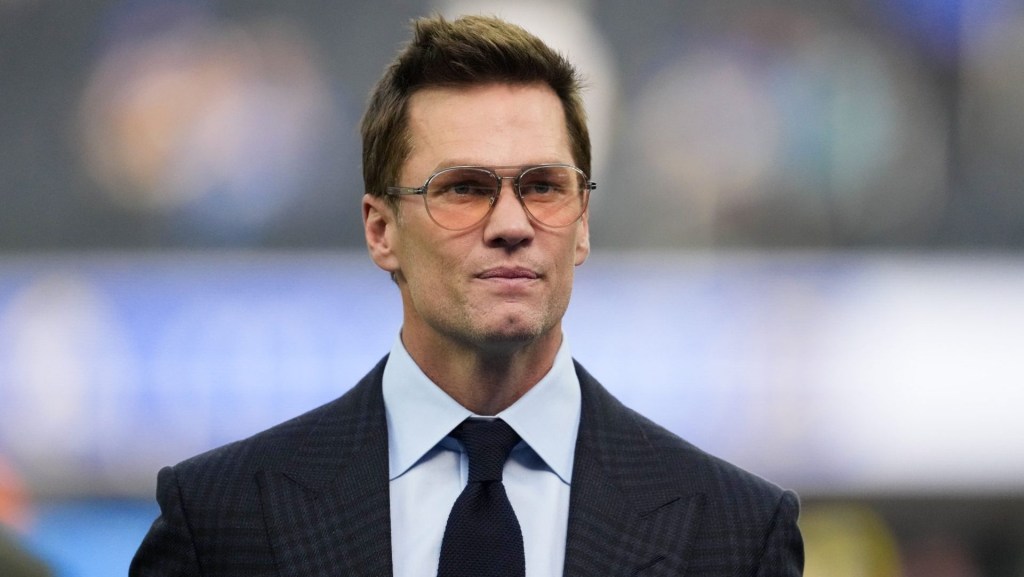
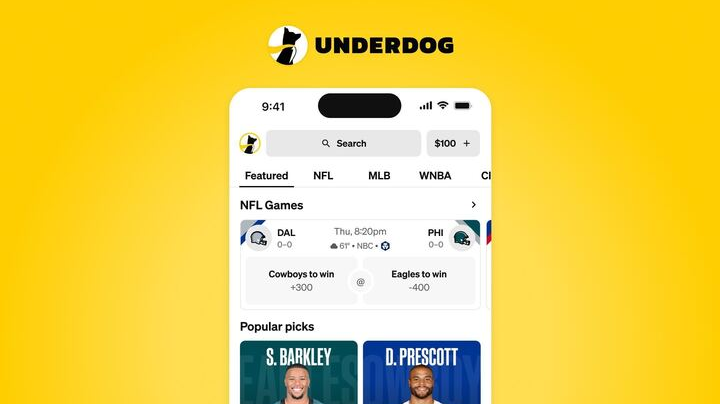
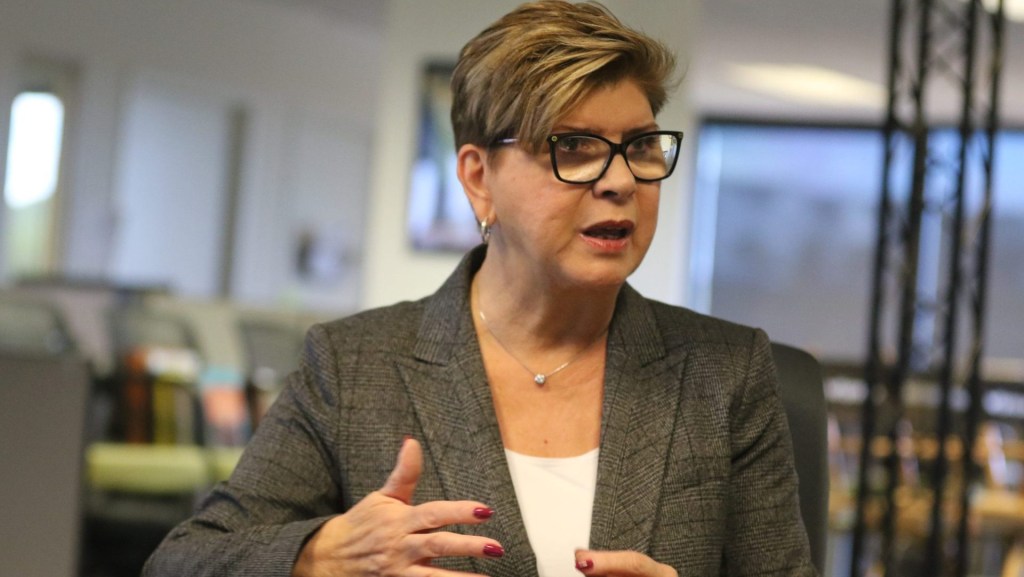
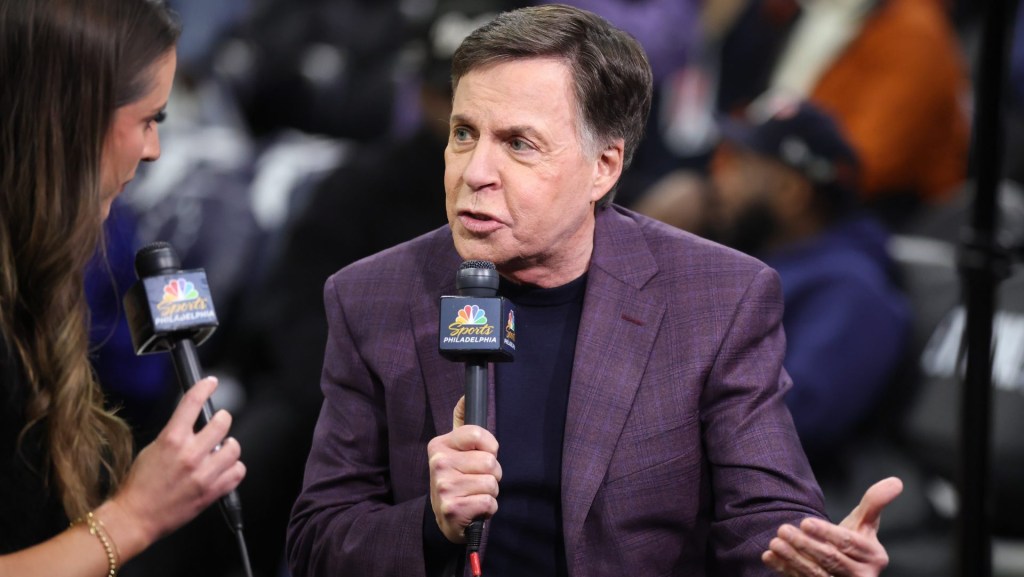
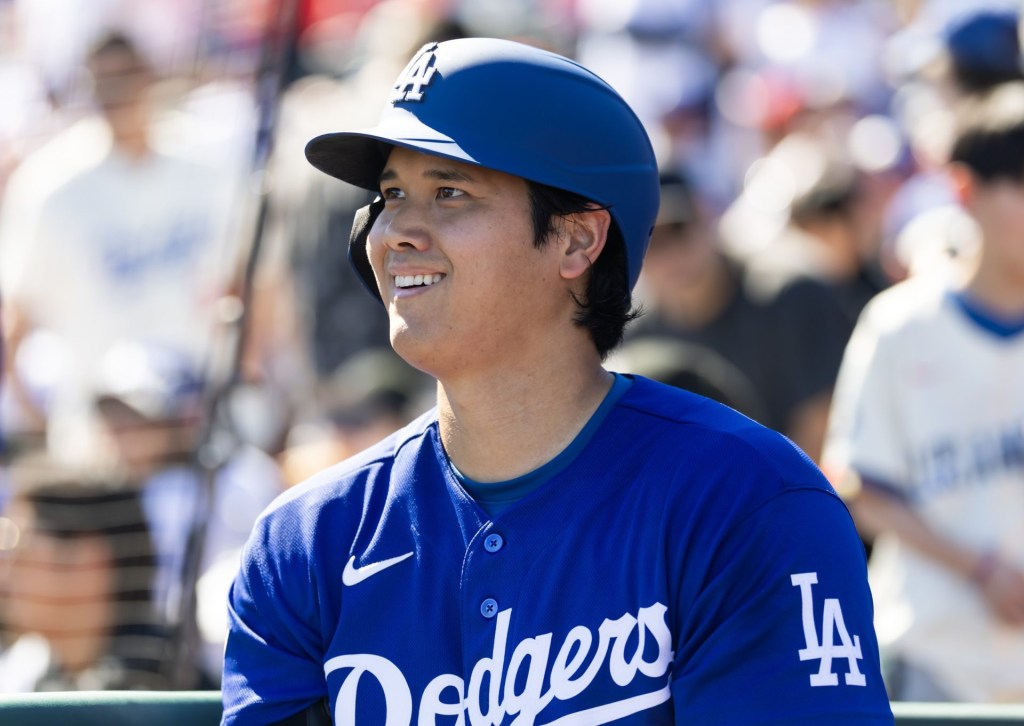


![[Subscription Customers Only] Jun 15, 2025; Seattle, Washington, USA; Botafogo owner John Textor inside the stadium before the match during a group stage match of the 2025 FIFA Club World Cup at Lumen Field.](https://frontofficesports.com/wp-content/uploads/2026/02/USATSI_26465842_168416386_lowres-scaled.jpg?quality=100&w=1024)
![[Subscription Customers Only] Jul 13, 2025; East Rutherford, New Jersey, USA; Chelsea FC midfielder Cole Palmer (10) celebrates winning the final of the 2025 FIFA Club World Cup at MetLife Stadium](https://frontofficesports.com/wp-content/uploads/2026/02/USATSI_26636703-scaled-e1770932227605.jpg?quality=100&w=1024)








